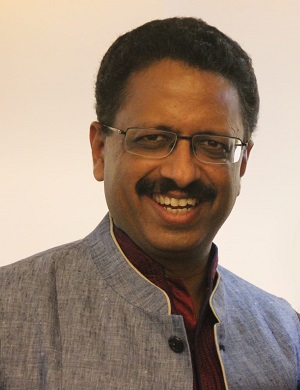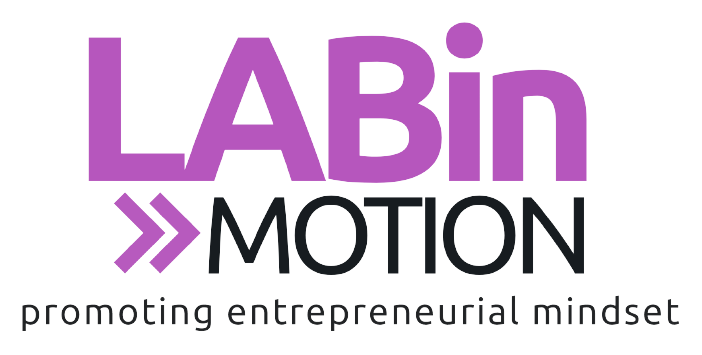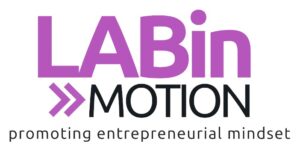
Possessing an IIT-IIM background, and with over two decades of professional experience and a clear vision, Ajay Bansal started his entrepreneurial journey with Robinhood Insurance Broking Services in 2008 to create a customer-centric digital solution for insurance policyholders. Since then, he has teetered on the brink of bankruptcy twice but sheer hard work and learning helped him survive, evolve, and emerge stronger than before.
OneInsure, his company’s online avatar, offers a comprehensive range of products from all leading insurance companies and is used for easy comparison and knowledge-sharing by thousands of customers. Among the top three insurance brokers in India with nation-wide operations in 24 cities, it boasts of a staff of 400+ happy employees.
Bansal shares lessons from the business, the upsides of the Covid-19 crisis, opportunities ahead, and his take on what it means to be an entrepreneur.
THE SELLING POINT
Bansal mentioned that their target customers fall in the age group of 29-45 years. “People don’t buy insurance till they are 29 years and most have bought their insurance till they reach the age of 45”. When people buy a policy, they invest in peace of mind, protection, and reassurance for themselves and their family, but the crux is getting the claims settled when required, he added.
“When people come to us they are assured of some of the best solutions. We technically sell a distress product as one usually needs insurance when he/she is in distress and we are capable of handholding our customers during that time. As a venture, we always have the best interests of the policyholder,” he stresses.
The OneInsure app has been developed and shaped by customer feedback into a one-stop-shop for all things Insurance. The app offers services like renewal reminders, claim assistance, tax certificate generation, among 60+ other services. Moreover, claim and service assistance is available for all policyholders, including those who have purchased policies through a different company or broker.
THE INITIAL JOURNEY
In 2008, Bansal was a part of the strategic management committee at ICICI Lombard when he sensed that though the industry had a lot of distributors, there were very few who were truly customer-centric. He was determined to fill this vacuum and quit his job as did his wife Mukta Bansal, who was an employee of ICICI bank, to start their own venture.
The Bansals had their own vision of how distribution should evolve and wanted their venture to be customer-centric and worked towards total customer engagement and satisfaction.
He says starting one’s own venture is like walking on the edge of a cliff and yet not worrying about it. “When someone starts a business, practically everybody thinks you will fold. Eighty per cent of the people think you are mad. But then you have to stick to your own process, conviction, and constantly make sure that you don’t give up and get up from the table. Your determination and ego not to lose have to be much more profound and sound compared to what people will think or what status you might lose. All that has to be secondary,” he adds
TURNING COVID CRISIS INTO AN OPPORTUNITY

OneInsure faced a major challenge in March 2020 when lockdown was imposed due to the Covid-19 pandemic but they had gauged that the curbs would be much longer than what people believed and would require major adaptations in their work.
Digitisation of the insurance industry is one of the positive side effects of Covid-19, Bansal says.
“We were digitally savvy but we evolved further quite quickly with a major focus on digital marketing and sales. We brought in a bit of sacrifice for all stakeholders, vacated a lot of properties, and gave away all our telecommunication lines. That was a substantial reduction for costs,” he says.
Bansal was quick to realise that it was a period when collaboration was necessary to survive. “In April, we collaborated with a lot of distributors in other product categories. We collaborated with a lot of people whose beliefs and values were mapped to the way we looked at the business. We will end this year with a 60-70 per cent growth,” he says.
“This year we plan to do around 40,000 policies,” he adds.
As of today, Oneinsure is bootstrapped by design. “The problem with new-age businesses is that they want to work with somebody else’s capital even before creating any substantial enterprise value. I will raise capital only when I am able to create substantial value,” Bansal insists.
PLANS AHEAD
According to Bansal, in distribution, it is extremely important to know what is sustainable, what is economical, and how technology can be used strategically. “If you take an ace product and don’t distribute it the right away to potential customers, it is often a result of an inappropriate distribution strategy. I am very conscious about how to combine various elements to ensure the best reach possible for different products,” he admits.
And Bansal observed that customer propensity to cover risk had gone up during Covid-19, and this will drive their markets from metros compared to smaller cities and towns.
TIPS FOR ASPIRING ENTREPRENEURS
Bansal says people have misconceptions about why someone starts a business. “People set up businesses because they want to run away from their boss, or you want to set up a business because you are 40 years old and you don’t get along well with the corporate sector. These are all wrong reasons,” he says.
First, a successful business needs a long gestation -10 to 20 years and has other costs too.
“It takes away your ego, you have to compromise, your family are at a constant risk of survival, you have to handle the kind of stress which soon will ideally not be safe,” he warns.
Bansal also outlines other factors to be kept in mind by aspiring businessmen.
“If you want to do a startup, you need to have an extraordinary idea and the fact is there are very few extraordinary ideas. You will be doing something better than others when you are setting up a mundane business but you cannot set up a Microsoft and Amazon every day. When you attempt these kinds of ventures, you have a 10-20 year deficit that could be hard to catch up unless and until you have something truly disruptive. Aspiring entrepreneurs need to look at ideas that are unique, be super determined, and a mindset of ‘I am here to succeed and not fail,” he says.
“It is important not to start a business with an exit in mind. Often, there are no exits in five years and seven years. There will be one big success story and 2,000 failure stories,” he adds.
About retail businesses, Bansal says if one follows the right approach, then he/she will feel the hand of God supporting them. “A business always has a risk of shutting down. A business is not about handling the external environment… Businessmen who succeed are those who manage their internal environments very well,” he says.





